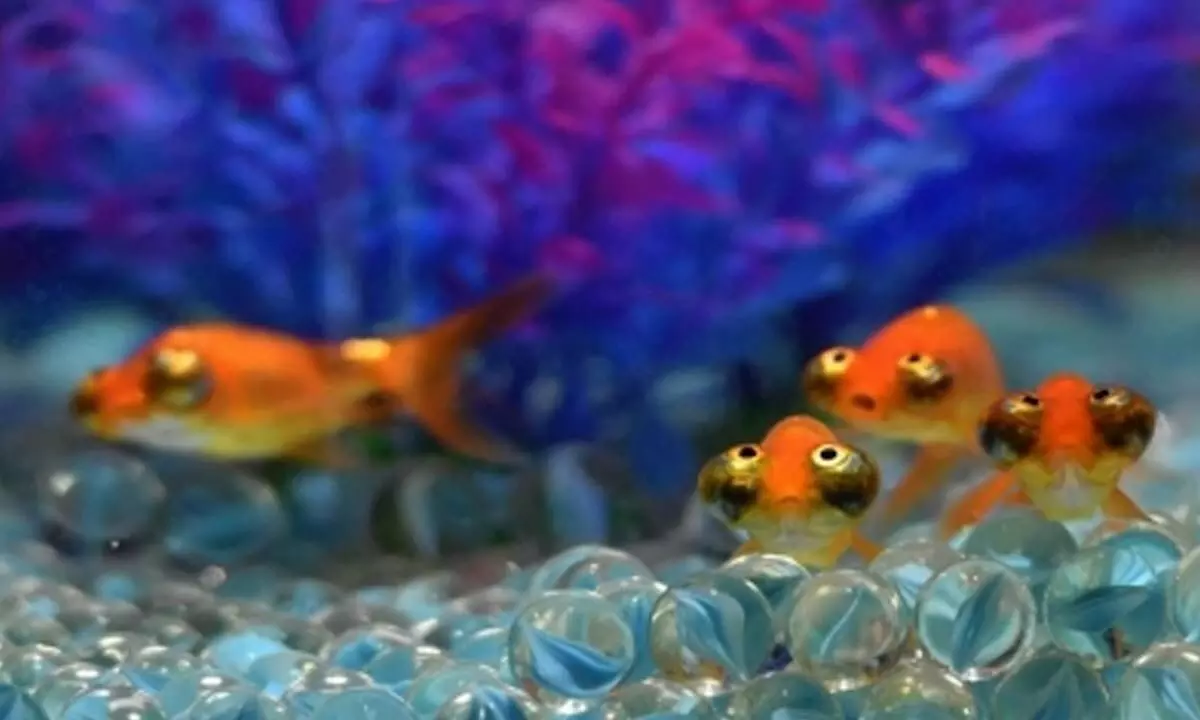National fish museum to open in Lucknow today

National fish museum to open in Lucknow today
A National Fish Museum and Repository will open in Lucknow on Friday with a collection of around 1,900 fish species from across the country.
Lucknow: A National Fish Museum and Repository will open in Lucknow on Friday with a collection of around 1,900 fish species from across the country.
The museum is coming up on the campus of ICAR- National Bureau of Fish Genetic Resources (NBFGR) on its 52-acre campus in Telibagh that will be inaugurated on Friday by ICAR director-general Himanshu Pathak.
According to the Institute, it is the first such fish museum and repository in the state with the largest collection of preserved fish.
The institute already has a live fish aquarium called 'Ganga Aquarium' on its campus, and a National Repository of Fish Cell lines, which is the world's largest collection of fish cell lines with 81 cell line accessions.
"The newly developed museum will display finfish (a bony fish) and shellfish (fishes having a shell or shell-like exterior) voucher specimens of freshwater, marine, and brackish water environments for research and education of students, teachers, scientists, and the general public," said U.K. Sarkar, director, NBFGR.
The foundation stone of the museum was laid by Dr S. Ayyappan, the then D-G ICAR, New Delhi in 2012.
Since then, NBFGR has put in efforts to integrate different collections like vouchers, tissue, DNA, bacteria, cell lines, fish milt, etc., and provide valuable access to researchers ensuring wide dissemination for the benefit of the stakeholders.
The museum holds specimens of 1,200 finfish species and 250 mollusks species found in India and has 19,000 tissue accessions belonging to commercial/prioritised fish species useful in retrieval of genetic information.
The repository also has cryo-preserved fish sperm of 31 fish species that can be used to retrieve endangered species or artificial breeding of fishes.
















